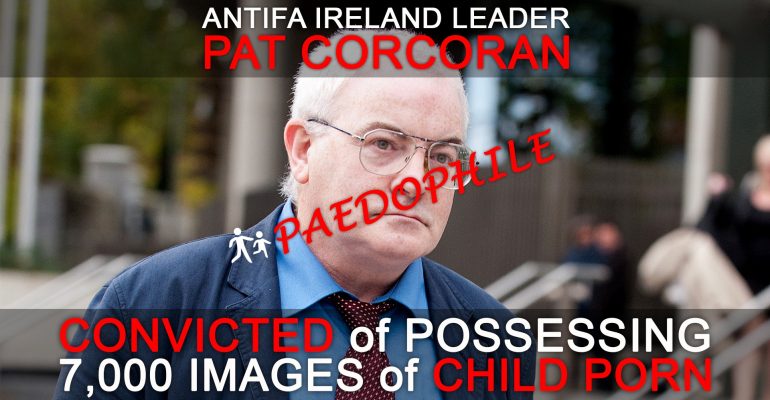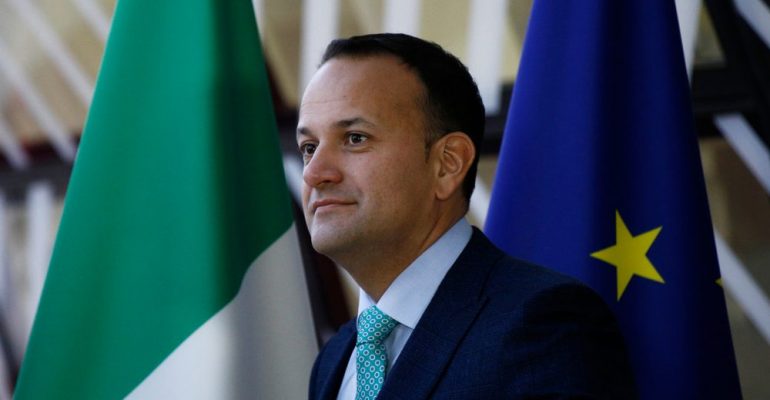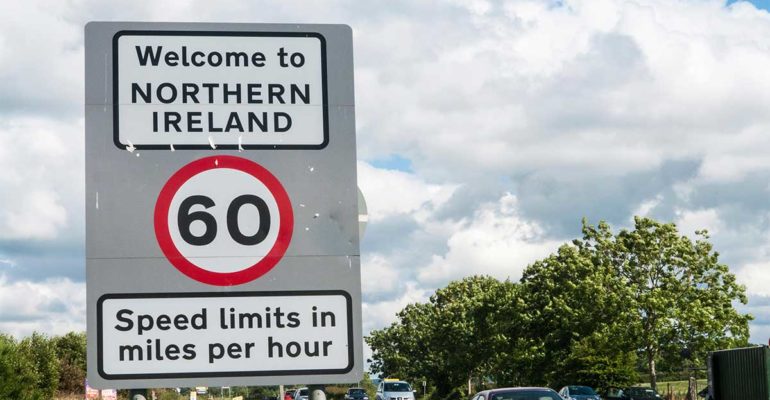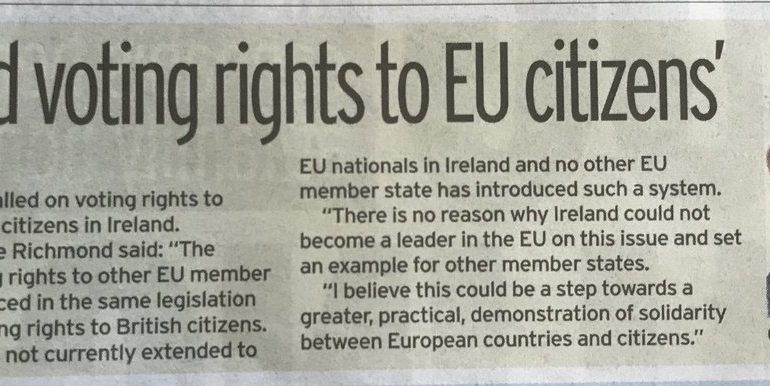News
Irexit: Freedom to Prosper party have hit out after reports emerged of the Irish government resisting bilateral border talks with the British government. Why wouldn’t those in Ireland engage with the UK on the use of technology to avoid a hard border?
James Darby, director of Communications for Irexit Freedom to Prosper said:
“It is no surprise to hear that the Irish government has refused to engage in bilateral talks with the UK government about resolving the border issues. When EU fanatic Leo Varadkar became Taoiseach he decided to politicise the border issue to make it as difficult as possible for the UK to leave the EU fully. His Team Europe approach to Brexit has put Anglo – Irish relations back decades and has heightened the risk of NO Deal considerably. His strategy is leading to an outcome that we all want to avoid and will lead to an EU imposed hard border on the island of Ireland.
This all could have been avoided early on in the process in the form of bilateral talks that would have explored sensible modern ways to avoid a hard border. Modern technology , trusted trader schemes and random checks away from border areas could have resolved this issue in a timely and amicable way.”
Irexit Freedom to Prosper Press Release 24th Jan 2019
Hermann Kelly of Irexit Freedom to Prosper Party said tonight:
“It has come out in the last week that in the case of a WTO Brexit, that the EU will seek to impose a hard border in Ireland. So much for solidarity with Ireland as Leo Varadkar has bogged his arm in on the backstop, to watch it backfire badly.
In the case of a WTO or No Deal Brexit there are only 2 ways to prevent a hard border on our island-
The first is Ireland leaves the EU’s Customs Union and is free to make a trade deal with Britain and other countries around the globe. This has the benefit of Ireland once again becoming a sovereign independent state free of EU supremacy.
The second, is the use of smart technology facilitating a frictionless border. Indeed it is outlined in a paper commissioned by the European Parliament in 2017. However this has the downside of keeping Ireland tied inside the EU. And for that ‘privilege’ we will continue to pay into the EU budget and allow the EU to impose many laws upon us, many against our interests, and made by people we did not elect. Not a great deal. “
Responding to FG Senator Neale Richmond’s call for EU citizens to have votes in Dáil Éireann elections Irexit Freedom spokesman Hermann Kelly said :
In a Press Release issued by the Irexit Freedom Party, Spokesman Herman Kelly rebuked Senator Neale: “Not happy that we are currently paying people in Brussels we didn’t elect to make vast swathes of EU law applicable in Ireland, the senator now wants EU citizens to have the right to vote in Dáil Éireann elections.
This is a clear attempt to undermine even further our national democracy and deconstruct the nation state.
It is also outrageously hypocritical given that people in the last referendum were complaining about possible foreign interference influencing the 8th Amendment vote. Now he is asking that they have a direct vote in our elections. This is outrageous.
Perhaps Senator Richmond, as a former employee of the federalist fanatic ‘European Movement’ still takes his ideas from there rather than thinking of the best interests of the Irish people and their national democracy… or what remains of it.”





